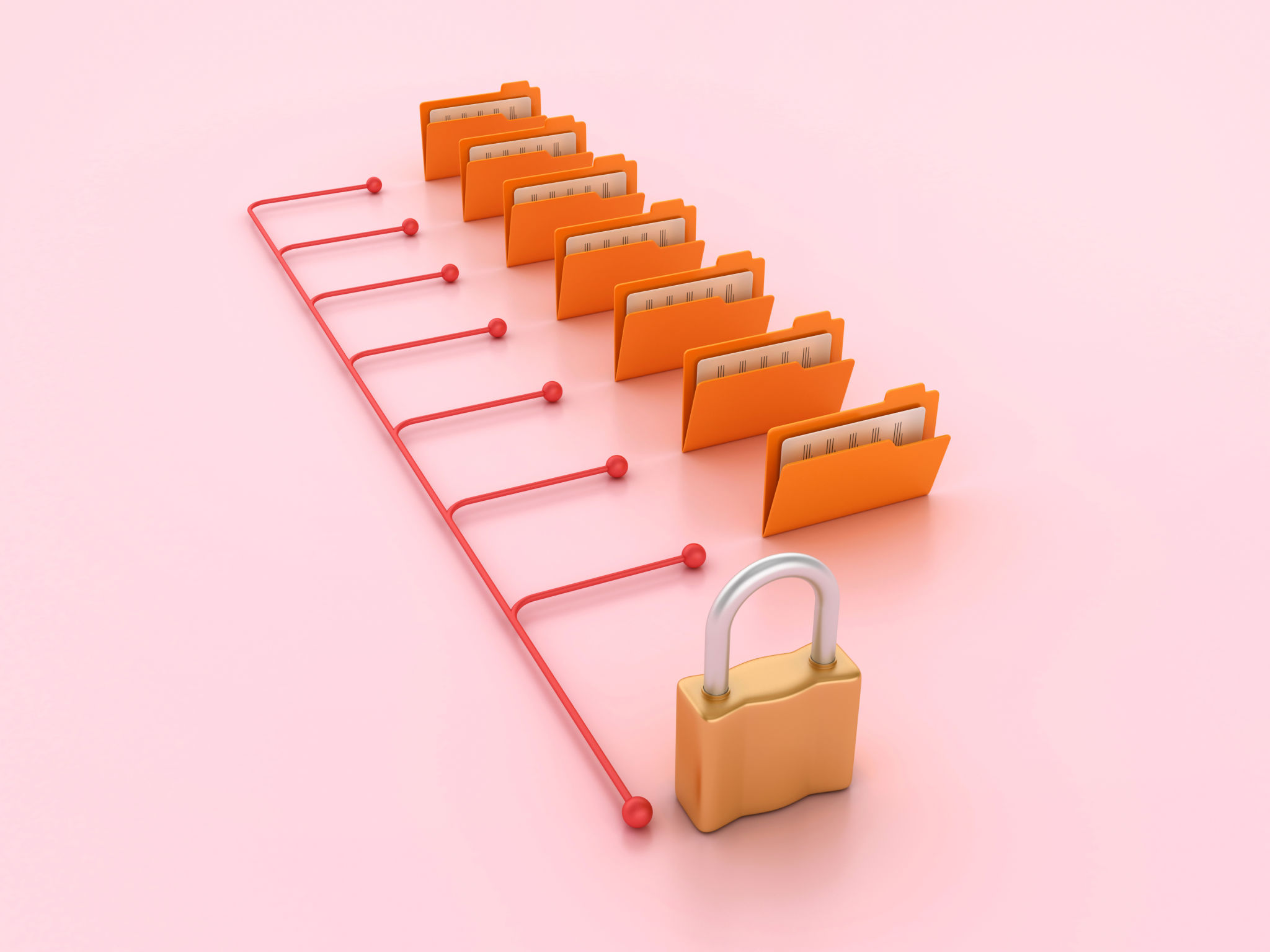Understanding the Role of Confidentiality in Translation Services
UR
Introduction to Confidentiality in Translation Services
In today's globalized world, businesses and individuals are constantly engaging in cross-cultural communications. This often necessitates the use of translation services, where confidentiality plays a crucial role. Ensuring that sensitive information remains secure during the translation process is not just a matter of professionalism but also of legal necessity. Understanding how confidentiality is maintained is essential for anyone seeking translation services.

The Importance of Confidentiality
Confidentiality in translation services is paramount because translators often handle sensitive information. This can include personal data, proprietary business information, or even classified government documents. A breach of confidentiality can lead to serious consequences such as identity theft, financial loss, or legal liabilities.
Maintaining confidentiality is not only about protecting the client but also about upholding the integrity and reputation of the translation service provider. Trust is a critical component of any business relationship, and ensuring confidentiality is key to building and maintaining that trust.
Measures Taken to Ensure Confidentiality
Professional translation services implement several measures to ensure confidentiality. These include:
- Non-Disclosure Agreements (NDAs): Most reputable translation agencies require their translators to sign NDAs, legally binding them to keep all client information confidential.
- Secure File Transfer: Using encrypted methods for transferring files ensures that data is protected from unauthorized access during transmission.
- Data Protection Policies: Agencies often have strict data protection policies in place to manage how sensitive information is handled and stored.

Challenges in Maintaining Confidentiality
Despite these measures, maintaining confidentiality can be challenging. The digital nature of most translation work means that data is often vulnerable to cyber threats. Hackers may target translation companies to gain access to sensitive information. Additionally, freelance translators may work from various locations, sometimes lacking robust security infrastructure.
To combat these challenges, agencies must invest in cybersecurity measures and conduct regular training sessions for their translators on the importance of maintaining confidentiality and how to do so effectively.
The Role of Technology
Technology plays a significant role in enhancing confidentiality in translation services. Cloud-based solutions with advanced security features allow for safe storage and sharing of documents. Additionally, translation management software often includes features specifically designed to enhance data security.

Moreover, artificial intelligence and machine learning are being leveraged to automate processes while ensuring data protection. These technologies can help detect potential breaches and implement immediate corrective actions.
Choosing a Translation Service Provider
When selecting a translation service provider, it's important to assess their commitment to confidentiality. Potential clients should inquire about the provider's confidentiality policies, security measures, and whether they use NDAs. It's also wise to ask for references or case studies that demonstrate their ability to handle sensitive information securely.
A good translation service provider should be transparent about their practices and willing to discuss how they ensure the confidentiality of your information.
Conclusion
Confidentiality is a cornerstone of professional translation services. By understanding the importance and measures involved in maintaining confidentiality, clients can make informed decisions when choosing a provider. As technology continues to evolve, so too will the methods for ensuring that sensitive information remains protected throughout the translation process.
